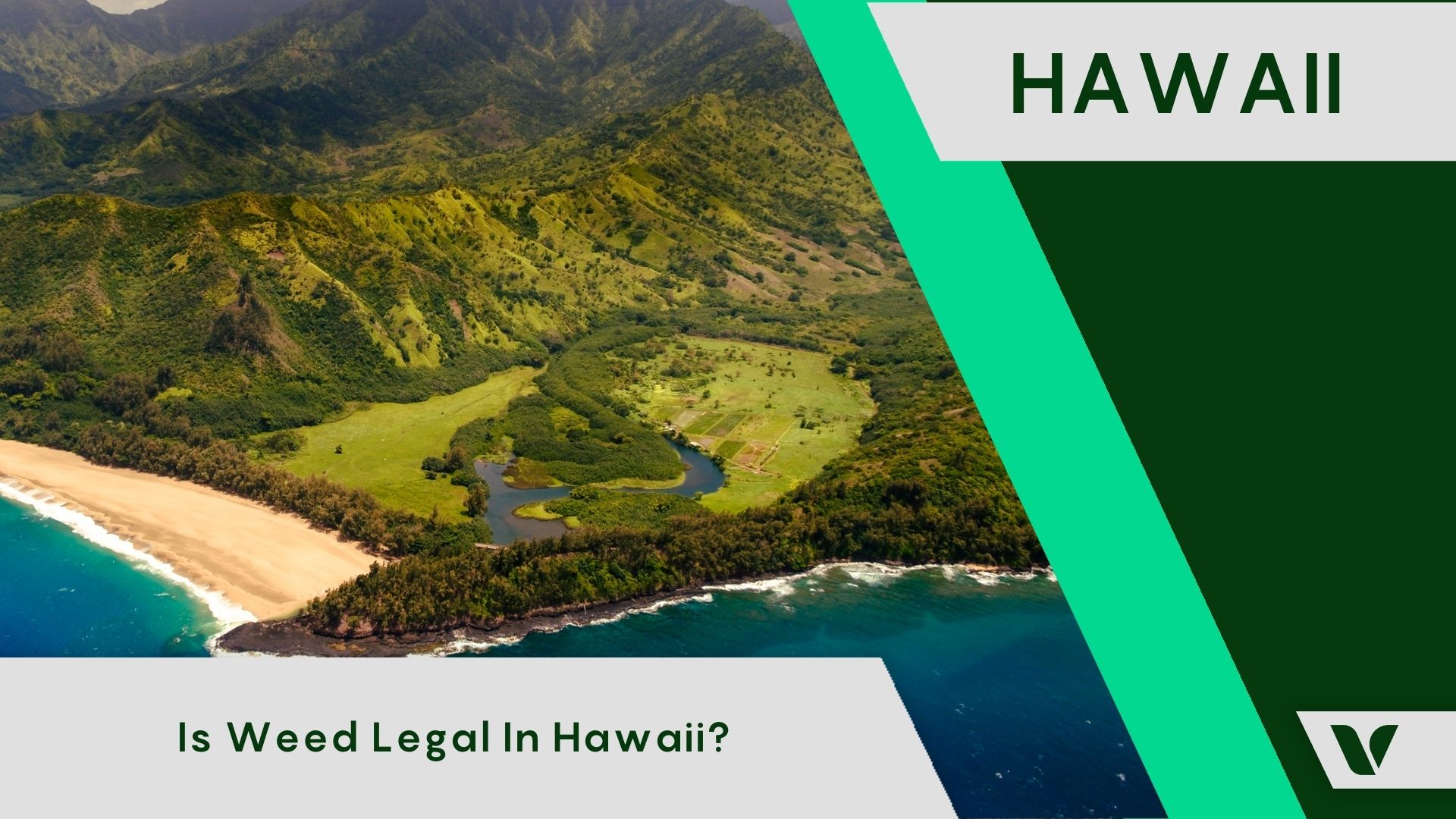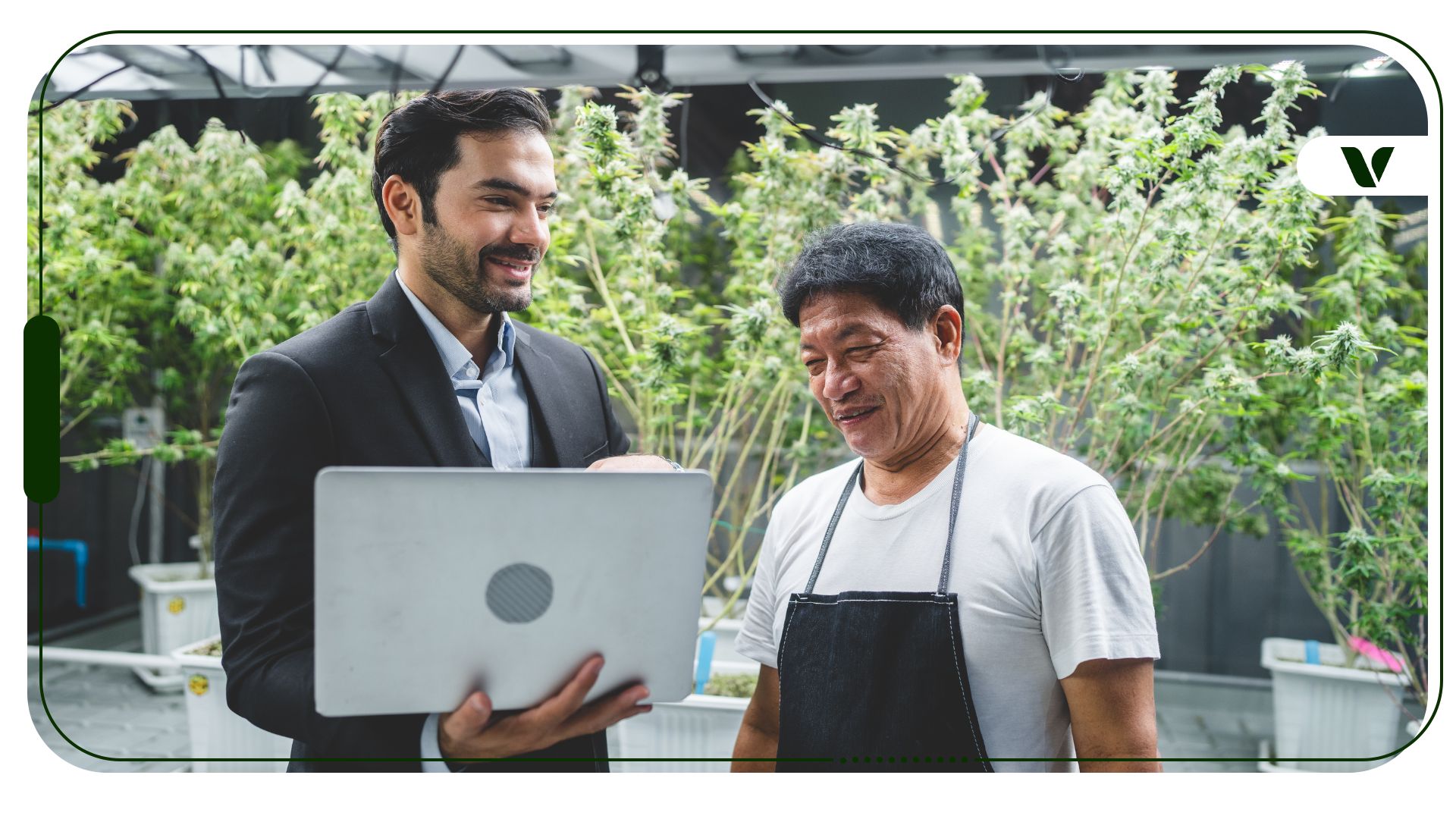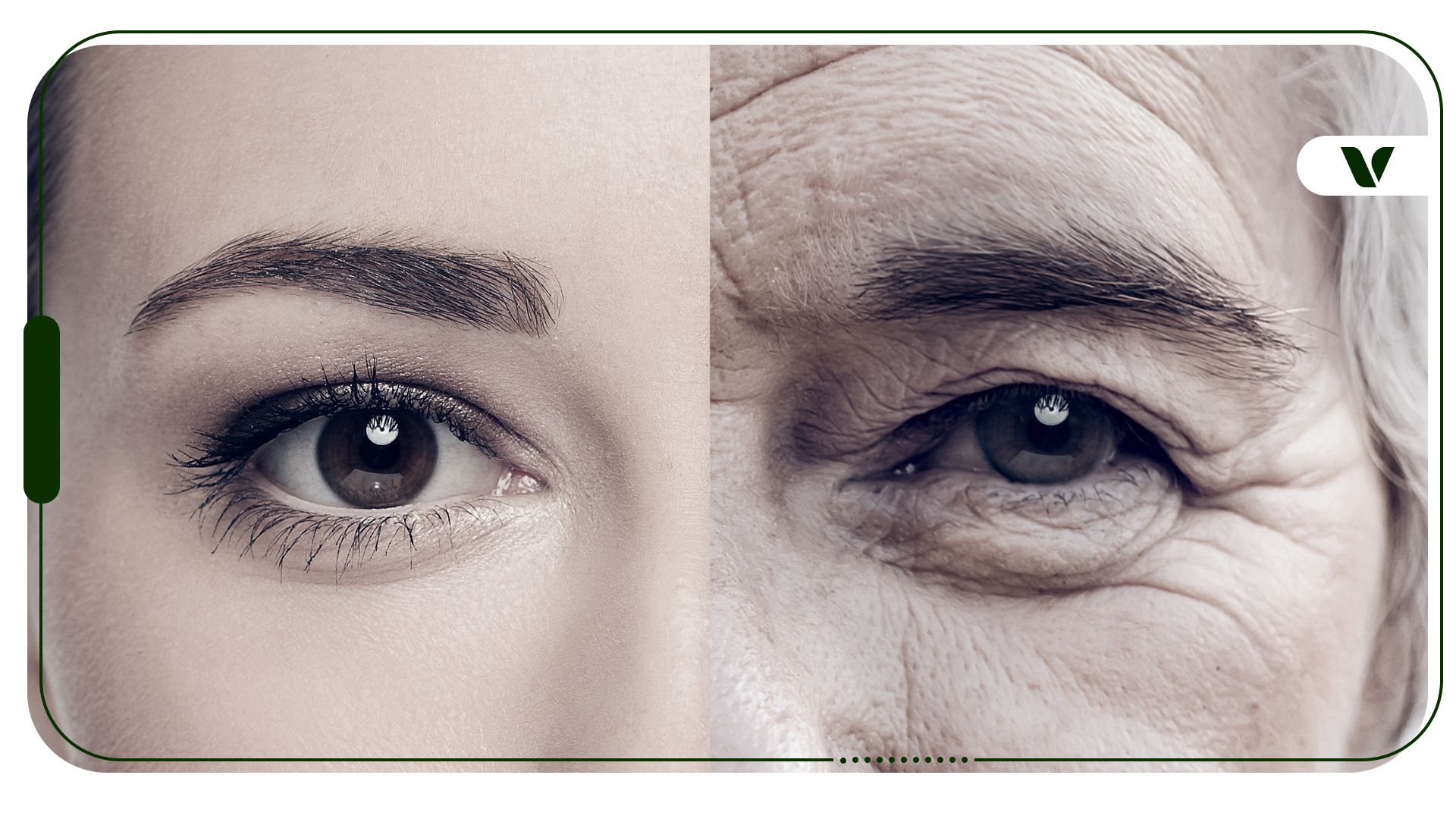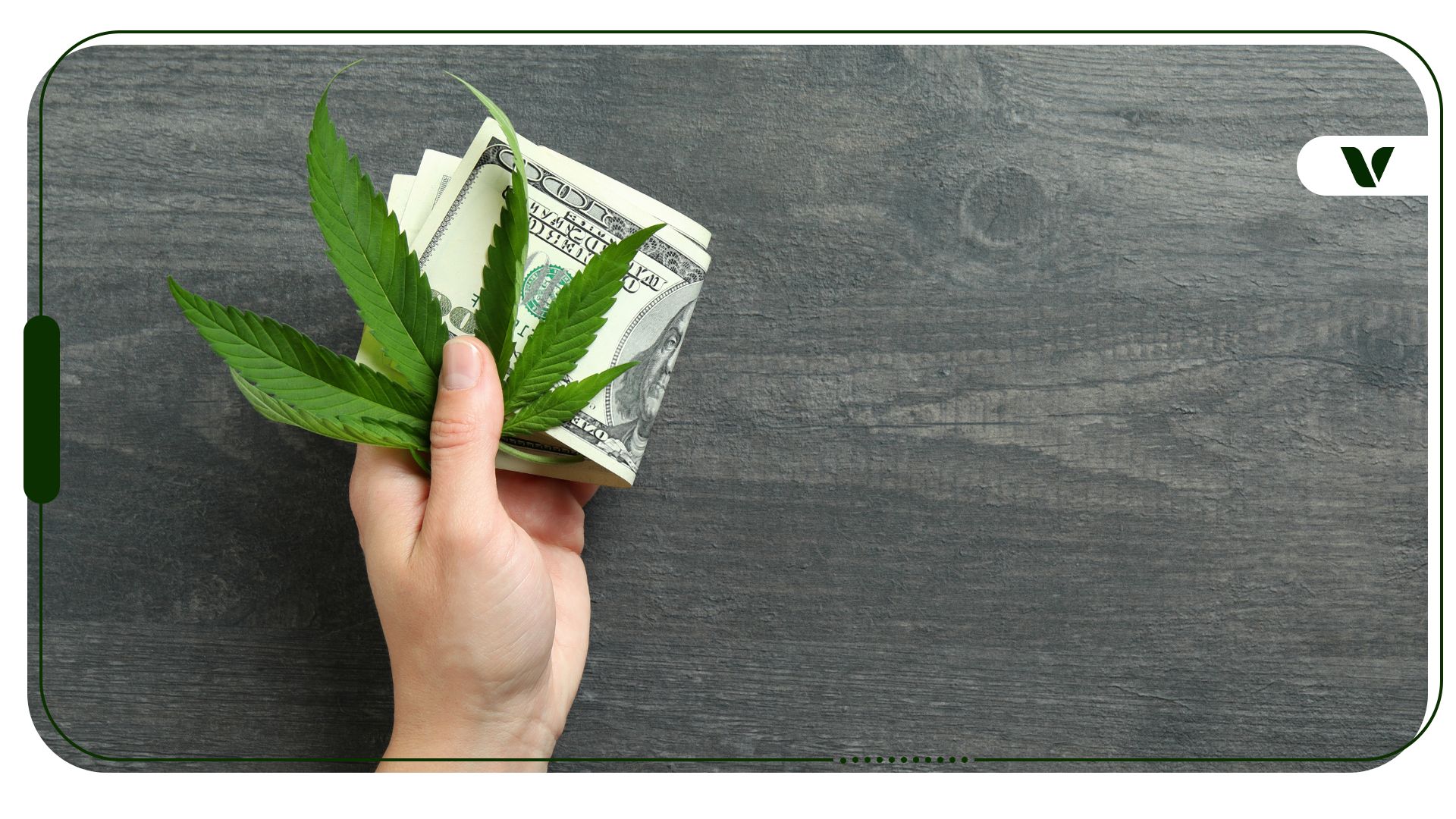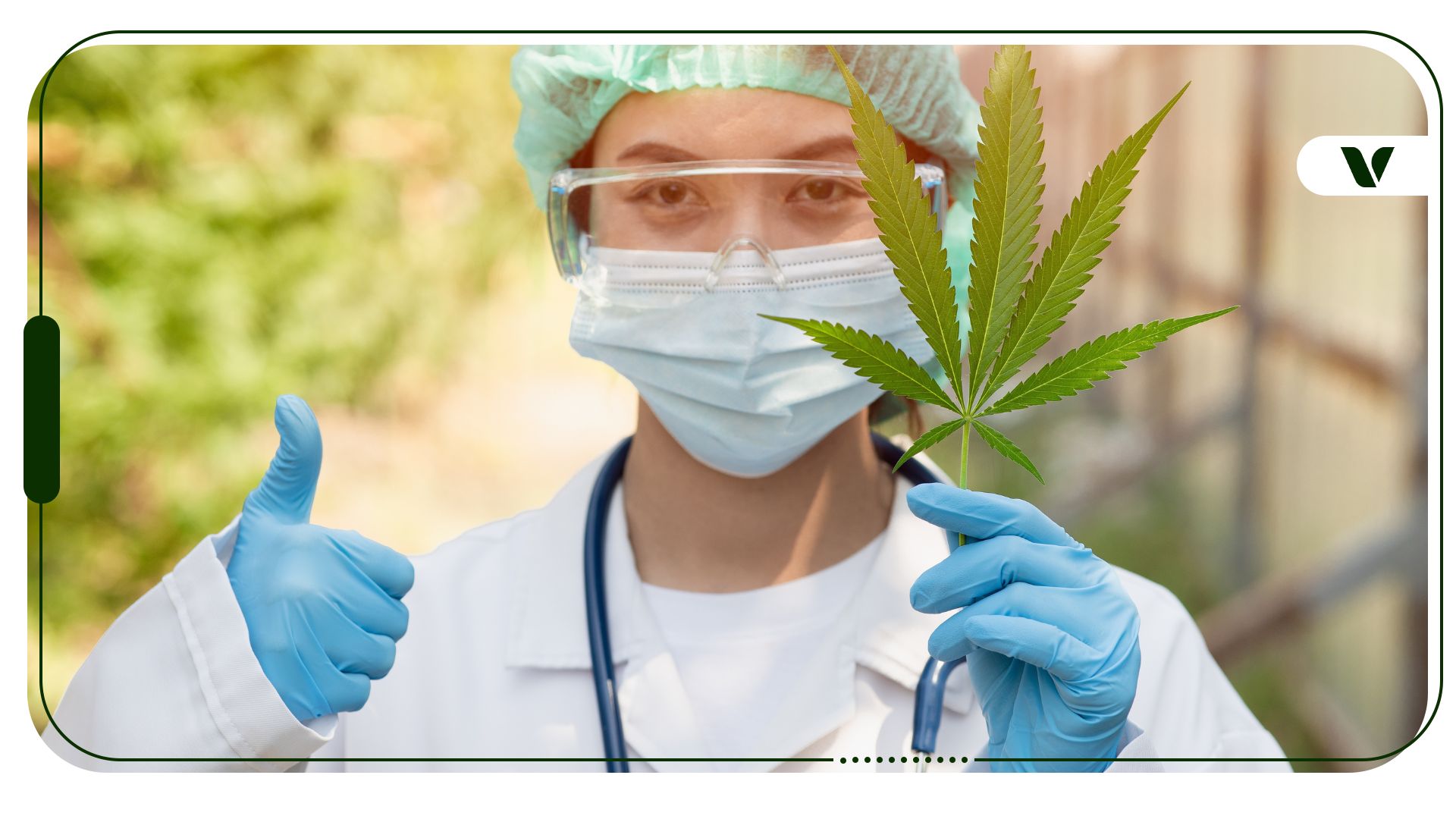In Hawaii, the legalization of weed has been a recent topic of interest for locals and visitors alike. Beyond its recreational appeal, the medicinal properties of cannabis have piqued significant interest, with many advocating for its therapeutic benefits. However, amidst ongoing discussions surrounding legalization, the Aloha State has witnessed a series of legislative developments and regulatory shifts that are shaping the landscape of cannabis access and consumption. From updates on marijuana shop crackdowns to potential strides toward legalization, the question “Is weed legal in Hawaii?” remains pivotal.
If you live in Hawaii or are interested in a visit there, we can help you with all of the information you’ll need to know to successfully navigate the state’s cannabis market.
Is Marijuana Legal in Hawaii?
In Hawaii, recreational marijuana remains illegal, with the state’s legislation allowing only the use of medicinal cannabis. Patients who qualify under the medical program can grow limited, specific amounts of marijuana, but recreational cultivation is still not allowed. Selling cannabis without a license or outside of licensed dispensaries is illegal and subject to penalties.
The legal age for medical cannabis use in Hawaii is 18, with the exception being minors who need a caregiver’s supervision to use the substance. The government, led by figures like Governor Josh Green, is focused on expanding and improving access to medical marijuana rather than legalizing recreational use, although he said he believes adult-use marijuana should be legal. The approach is cautious, prioritizing controlled access and medical benefits over broader legalization to align with the state’s strict regulatory framework highlighted in the Hawaii weed laws.
Delta-8 vs. Delta-9 vs. Delta-10: Which is Legal in Hawaii?
The legality of Delta-8, Delta-9, and Delta-10 THC in Hawaii varies primarily based on their source and production methods under the Delta-8 vs. Delta-9 vs. Delta-10 THC regulations. Delta-9 THC, the most common form, is the main psychoactive component of cannabis and is legal only for medical use under Hawaii’s medical cannabis program. Conversely, Delta-8 and Delta-10 THC, typically derived from hemp, are legal if they contain less than 0.3% Delta-9 THC and align with federal guidelines from the 2018 Farm Bill.
Delta-8 THC offers a less intense psychoactive experience than Delta-9, making it preferable for users seeking milder effects. Delta-10 THC provides even subtler effects, favored for its minimal impact on clarity and focus.
Despite their availability under federal law, Hawaii’s strict cannabis regulations may influence the accessibility and legal status of these cannabinoids, so stay up-to-date with current laws to ensure compliance.
When Was Medical Marijuana Officially Legal in Hawaii?
Medical marijuana has been legally available in Hawaii since 2000, allowing residents with qualifying conditions to obtain a Medical Marijuana Card for Hawaii. This card enables them to purchase cannabis for therapeutic use from state-licensed dispensaries.
Despite this established program, recreational cannabis remains illegal in Hawaii. Residents are not permitted to purchase or cultivate cannabis for recreational purposes, highlighting the state’s strict approach to cannabis use.
Why You Should Get Your Medical Marijuana Card
Veriheal has satisfied millions of patients nationwide by giving them access to these benefits
- Larger purchase limits
- Peace of mind
- Enhanced legal protection
- Access to higher potency strains
- Save up to 25% on cannabis purchases
- Skip the line at the dispensary
While medicinal cannabis provides relief for various ailments, Hawaii’s laws do not extend the same freedoms to recreational users. Adults in Hawaii cannot grow recreational cannabis for personal use as Hawaii weed laws strictly regulate cannabis activities. These regulations ensure that all cannabis cultivation and purchases remain within the medical framework established by the state, thereby limiting use to those who have met the medical qualifications and possess a valid medical marijuana card.
Marijuana Dispensaries in Hawaii
In Hawaii, accessing cannabis is tightly regulated, with the only legal avenue being through a Medical Marijuana Card for Hawaii. Veriheal can help with this process by offering assistance in obtaining your card and gaining access to various medical cannabis products and states that accept out-of-state medical cards. With Veriheal, you can explore various Hawaii weed dispensaries, such as Cure Oahu and Noa Botanicals, which offer diverse cannabis products, from flowers to edibles, concentrates, and more.
It’s important to be aware of possession limits and taxes imposed on medical cannabis purchases in Hawaii. Medical marijuana patients are allowed to possess up to four ounces of cannabis at a time, with taxes ranging from 4% to 4.5%, depending on the location in the state.
Through Veriheal, obtaining your Medical Marijuana Card for Hawaii is easy and convenient. Don’t miss out on the opportunity to explore Hawaii’s cannabis culture with confidence and peace of mind!
Frequently Asked Questions
Are there recreational weed dispensaries in Hawaii?
No, there are currently no recreational weed dispensaries in Hawaii; access is limited to medical marijuana cardholders.
Can tourists buy edibles in Hawaii?
Yes, tourists can purchase edibles in Hawaii from licensed dispensaries with a valid Medical Marijuana Card for Hawaii.
Can I take my CBD gummies to Hawaii?
It’s advisable to check Hawaii’s specific regulations regarding CBD products, but generally, bringing CBD gummies for personal use should be permissible.
Can I use my out-of-state weed card in Hawaii?
Yes, Hawaii accepts out-of-state medical cards, allowing visitors with valid cards to access medical cannabis products in the state.
How much weed can you legally have in Hawaii?
In Hawaii, patients or caregivers can legally possess up to four ounces of cannabis at a time, along with growing a limited number of plants for personal use.
Author, Share & Comments


